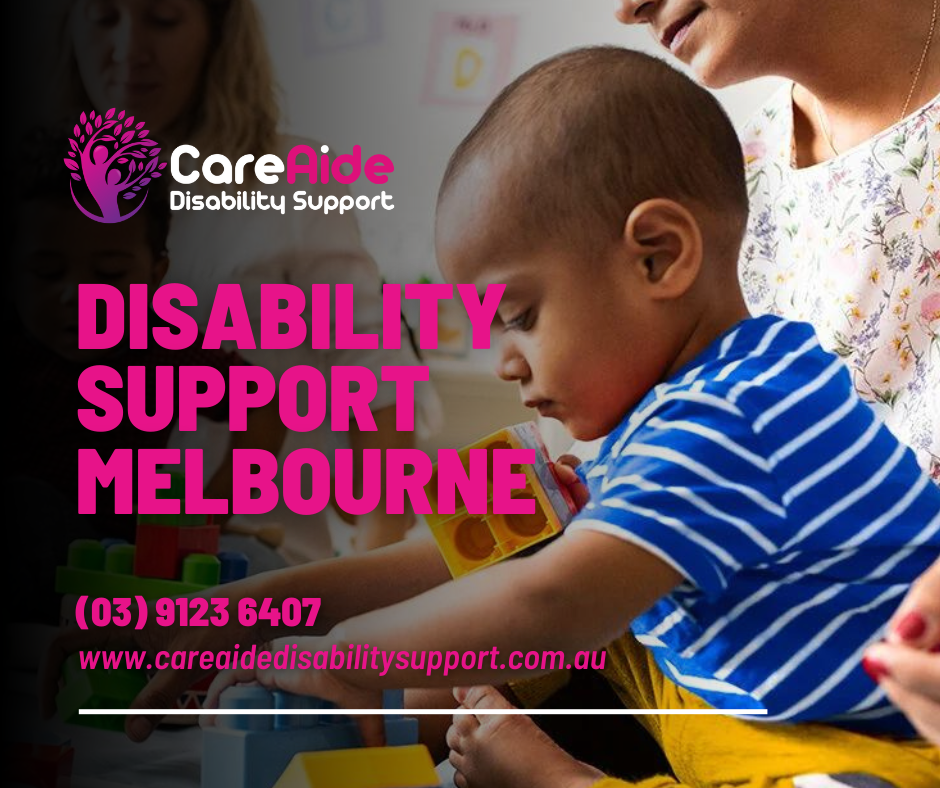
Understanding Psychosocial Disabilities: Psychosocial disabilities refer to a range of mental health conditions that may affect a person’s cognitive, emotional, and social functioning. These disabilities can significantly impact an individual’s ability to engage in daily activities, maintain relationships, and participate in the community. Some examples of psychosocial disabilities include schizophrenia, bipolar disorder, major depressive disorder, and anxiety disorders.
NDIS Eligibility for Psychosocial Disabilities: To be eligible for NDIS support, your psychosocial disability must meet certain criteria. These criteria include the following:
Permanent Impairment: Your psychosocial disability should be assessed as a permanent impairment. This means that it is likely to be lifelong or of long-term duration, and it substantially impacts your ability to participate in activities without support.
Significant Functional Limitation: Your psychosocial disability must result in significant functional limitations in one or more of the following areas: communication, social interaction, learning, mobility, self-care, self-management, or sensory or motor skills. These limitations should be assessed as being at least “moderate” in severity.
Age and Residency Requirements: You must be under the age of 65 at the time of your access request and be an Australian citizen, a permanent resident, or hold a Protected Special Category Visa.
Gathering Information and Evidence: To determine your eligibility for NDIS support, you will need to gather information and evidence that demonstrates the impact of your psychosocial disability on your daily functioning. Some important steps to follow include:
Seek Professional Assessments: Consult with healthcare professionals, such as psychologists, psychiatrists, or general practitioners, who can provide formal assessments and diagnoses. These assessments will help determine the severity and impact of your psychosocial disability on your functional abilities.
Document Your Symptoms and Functional Limitations: Document how your symptoms affect your daily activities. Note any challenges you face in communication, social interactions, learning, self-care, or other areas. This documentation will provide valuable evidence of the functional limitations caused by your psychosocial disability.
Obtain Medical Reports and Treatment History: Request medical reports and summaries from healthcare providers who have treated you for your psychosocial disability. These reports should outline your diagnosis, treatment history, and the impact of your disability on your functioning. These documents serve as supporting evidence for your NDIS application.
Applying for NDIS Supports: Once you have gathered the necessary information and evidence, you can begin the process of applying for NDIS supports:
Contact the NDIS: Reach out to the NDIS provider Melbourne to request access to the NDIS. Their website, phone number, and email address are all ways to contact them. They will guide you through the access request process and provide the necessary forms and information.
Complete the Access Request Form: Fill out the Access Request Form, providing detailed information about your psychosocial disability, functional limitations, and supporting evidence. Be thorough and accurate in describing your needs and the impact of your disability on your daily life.
Submit Supporting Documentation: Include all relevant documentation and evidence with your access request form. This may include medical reports, assessments, treatment history, and records of functional limitations. The more comprehensive and compelling your documentation, the better the NDIA can assess your eligibility for NDIS disability support.
Attend Assessments, if Required: In some cases, the NDIA may request further assessments or information to determine your eligibility. If required, attend any appointments or assessments as scheduled, providing the necessary information to support your application.
Advocacy and Support: Navigating the NDIS access process can be complex, especially when dealing with psychosocial disabilities. Consider seeking advocacy support to guide you through the process, provide advice, and ensure your rights are protected. Advocacy organizations can assist you in understanding your eligibility, preparing documentation, and advocating for the support you need.
If you have a psychosocial disability and are unsure about your eligibility for NDIS support, it is important to gather the necessary information and evidence to demonstrate the impact of your disability on your daily functioning. By seeking a professional NDIS provider Melbourne service, documenting your symptoms and functional limitations, and obtaining medical reports and treatment history, you can present a strong case for accessing NDIS support. Remember, seeking advocacy and support throughout the process can further enhance your chances of receiving the assistance you require to improve your quality of life.

Recent Comments